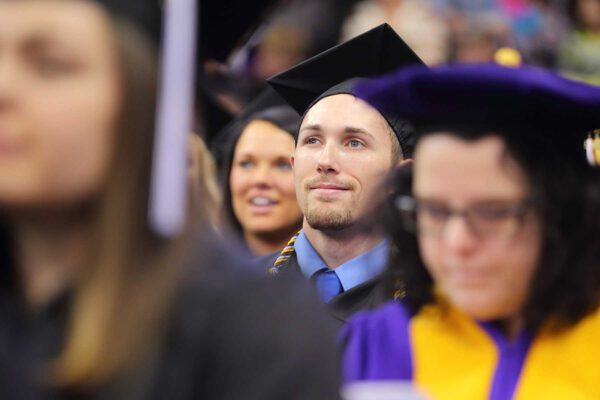New From NCES: What Parents and Students Expect for Highest Education Level
Title: Parent and Student Expectations of Highest Education Level
Author: U.S. Department of Education National Center for Education Statistics
The National Center for Education Statistics has released a new brief discussing how parent and student educational expectations have changed over time.
The data is from the High School Longitudinal Study of 2009. Parents were asked in 2009 and 2012 to indicate the highest level of education they expect their children to complete. Key findings include:
- A greater proportion of parents reported that they expected their children to achieve some level of postsecondary education than complete secondary school as their highest education level. In both 2009 and 2012, 8 percent of parents expected their children to complete a high school diploma or GED, about 30 percent expected their children to complete a bachelor’s degree, and about 20 percent expected them to complete a master’s degree.
- The percentage of parents who expected their children to complete an occupational certification or associate degree as their highest level of education increased from 8 percent in 2009 to 14 percent in 2012.
- The percentage of parents who expected their children to complete a professional degree as their highest level of education decreased from 22 percent in 2009 to 16 percent in 2012.
Data about students’ perceptions on their own education achievement was collected in 2009, 2012, and 2016. Key findings include:
- The percentage of students who expected to complete a high school diploma or GED as their highest level of education decreased from 15 percent in 2009 to 11 percent in 2012 and 10 percent in 2016.
- Similarly, fewer students expected to complete a professional degree as their highest education level, a drop from 19 percent in 2009 to 10 percent in 2016.
- The number of students who expected to complete an occupational certificate or associate degree as their highest level of education increased from 7 percent in 2009 to 16 percent in 2016.
- The share of students who expected to complete a bachelor’s degree as their highest education increased from 18 percent in 2009 to 30 percent in 2016.
To read the full report, please visit the NCES website.
—Georgiana Mihut
If you have any questions or comments about this blog post, please contact us.


